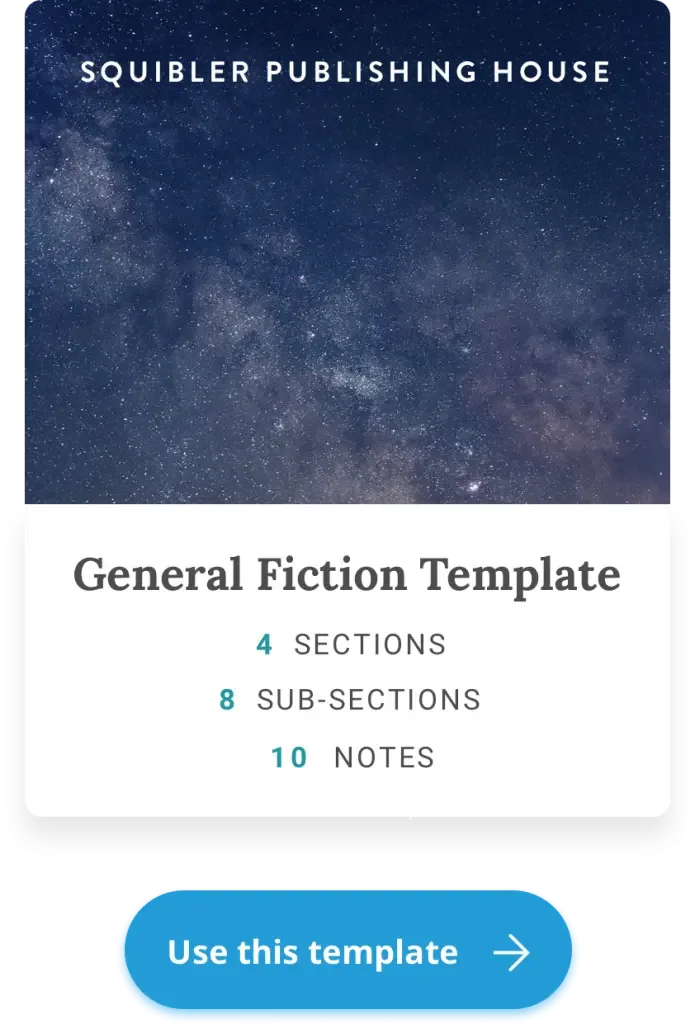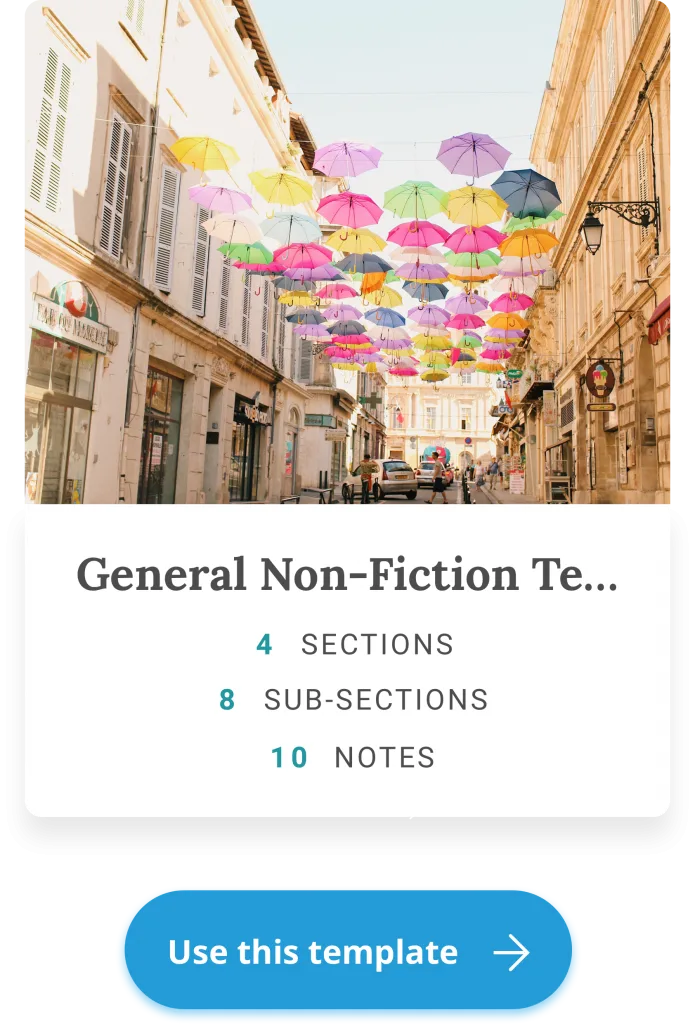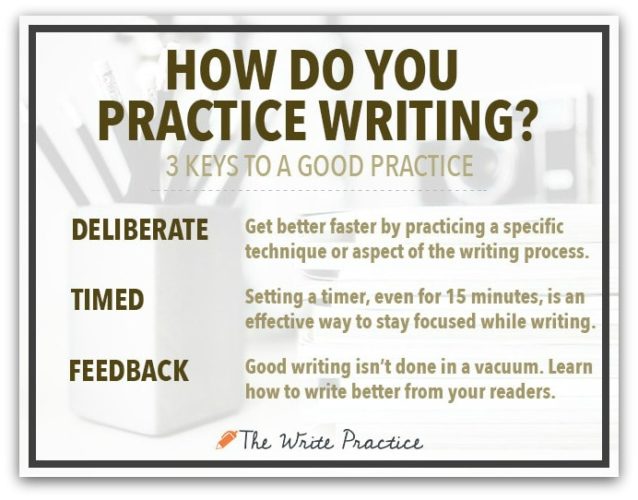Writing is difficult. It is a skill that you can exercise, just as if you were working a muscle in your body. Exercise makes you stronger, and this can be said of writing exercises.
Writing exercises are designed to help kick-start your thinking. Whether you are a grant writer, or if you are writing fiction or non-fiction, you will find that stimulating your brain is half the battle.
This is followed up with editing and formatting, which are two aspects that can also be practiced with a writing exercise. Using any number of these techniques on a regular basis will help you learn how to write a book fast.
Writing Exercises to Stimulate your Mind
There are all kinds of writing exercises that will help you flex those writing muscles. You can practice your strengths or work on a weakness you know you have. There are specific writing exercises that will help you in these areas.
Once you’ve worked through some exercises and find yourself ready to get back to your projects, consider using a book writing template to help you. Some templates are specific to genre, but if you’re just getting started, a more generic one might be beneficial:

The above template is a good choice for a budding novel. If what you’re working on is nonfiction, there is a template for you too:

These templates offer general guidelines and suggestions while still allowing your own creativity to flow and flourish.
Here are some writing exercises to help you get started. These will be useful if you want to know how to write a novel.
[table id=2 /]
Answer Some Questions to Get Your Mind Rolling
With this writing exercise, you are going to ask yourself several questions that are meant to build upon each other and get your brain working. The idea is to write your answer to these questions quickly without overthinking.
Here are a few examples of what you could ask. They can help you learn how to write a novel:
Who is the girl?
Why did she leave home?
What does she hope to accomplish?
How is she feeling?
For those who are looking to practice a more nonfiction writing style, they could answer these types of questions:
Who are you trying to help?
What experiment or idea do you wish to communicate?
Why are you considering this idea?
What do you hope to give to the reader?
You can ask any type of questions, as long as they continue the first line of thinking and get you to keep writing!
Write a Letter to Your Younger Self
This writing exercise is one that really helps a writer to write about emotion. It tackles harder topics that they may not have faced before. You can choose to write to yourself as a child, or even the person you were five years ago.
The idea is that you should be offering something such as compassion, an explanation, advice or even just recounting an experience and how this has impacted your adult life.
Let your thoughts go and write what you feel. This is a good way to learn how to better write about feelings. It can also help you practice the art of showing rather than telling.
In addition, this writing exercise has been shown to help you think like your readers – as real people with emotions rather than a generic form. The idea behind this exercise is to help your writing become something that moves people emotionally.
Find Writing Prompts Online and Write
For those who are looking for an easier way of getting the writing exercise that they need, then writing prompts are the way to go. These can be found easily online and in a variety of skill levels to ensure that you find the one that best works for you.

What are writing prompts? These are simply going to give you a scenario and you write the rest of the story, so to speak. The idea is that this can encourage your imagination and get you writing, rather than being blocked on what to write.
In most writing prompts you will be given this type of information:
A setting.
A dilemma or mystery.
Questions that you need to answer.
Considerations that you may want to make when writing the story.
With these prompts, you can choose the ones you like the best. Or, you can challenge yourself to write something that’s outside your comfort zone. Either way, they will help you figure out how to write a novel.
Write About Your Expertise
What exactly are you are experienced in? What do other people ask you about because they consider you an expert?
If you have an answer to these questions, then write about it! You will be amazed at how well you can write about something that you are an expert in.
However, this doesn’t mean that you have to be an expert in rebuilding car engines or something dramatic like that. This can be something as simple as being an expert in washing clothes. You can detail the process, what you do, and why this makes it better.
This type of writing, whether you are an expert at washing dishes or an expert at painting landscapes, allows you to write about something that you know. This can make the words flow easier and get you back on track.
Write a Stream of Consciousness Page
What is a stream of consciousness?
Well, what are you thinking about right now? Whatever it is, just put it to paper.
Here are a few tips to help you make this simple writing exercise worthwhile:
Dedicate some time each day or every other day to write whatever is on your mind.
You can make this as short or as long as you want. Many people opt to spend a certain number of pages on this writing exercise.
Remember this is for your eyes only, so don’t worry if the thought you are writing about is silly or considered unrealistic.
Consider doing this first thing in the morning, as many people find that they are more creative during this time.
The idea of writing on your stream of consciousness is not a new concept. In fact, this is one of the ways that several professional authors get their creative juices flowing and ensure that they remain at the top of their game.
Play Pretend
How many times did you play pretend when you were younger? How many times have you thought about what it would be like to be a totally different person? This writing exercise lets you bring these ideas to life!
With this exercise, simply play pretend and start writing! You are responsible for choosing the situation, the setting, the encounter that you have and whatever you see, think, feel, and hear about this scenario.
One of the biggest benefits of this writing exercise is that it allows you to really dive into a character. You can work on expressing thoughts, feelings and even the scenery that is around the character in a setting that is purely your imagination.
Take a Trip Down Memory Lane
This writing exercise is simple and starts with: “I remember…”
From here, start to write your heart out. This can be about one of your first experiences such as:
Your first love.
The first time you drove a car.
Your first kiss.
Your first time getting into trouble.
And the list goes on! The idea is to take a trip down memory lane and work to recreate the setting. Since you were in the memory, you should have no problem accurately recording the information.
Write out an Actual Conversation
Creating a conversation is sometimes one of the more difficult processes in writing. With this writing exercise, you can get some good practice.
Write an actual conversation that you have been part of. It sounds simple enough. But, what you do afterward is what helps to improve your writing.
You will want to:
Look back at the conversation and edit for clarity.
Add information about how the person looked while talking.
Make the conversation one that people can imagine easily.
Take this a step further and add in some thought processes.
This is a simple writing exercise that is just for you, so don’t worry about what conversation you use for this practice.
Play Devil’s Advocate
Is there a hot button topic that you are interested in? While you know what you really think, take the time to play devil’s advocate and write the other side of this issue.
It sounds hard, right? And it is for many people. However, it is a great writing exercise when it comes to looking at small details and being able to get out of your thoughts, as well as a great show of empathy.
In addition, this is a great writing exercise for ensuring that you can write a piece based on opinion, which is often needed in the writing world.
The First Line Exercise
Grab the nearest book to you and look at the first line. Write this down…then continue the story!
What makes this a great writing exercise is that you are going to write on the fly. You do not have time to think about anything. You are simply going with your gut on what comes after the first sentence.
This type of exercise was actually inspired by a contest called The Bulwer-Lytton Fiction Contest that is all about finding the best first line. This was inspired by Edward George Bulwer-Lytton, Paul Clifford’s (1830) first line that reads:
“ It was a dark and stormy night; the rain fell in torrents—except at occasional intervals, when it was checked by a violent gust of wind which swept up the streets (for it is in London that our scene lies), rattling along the housetops, and fiercely agitating the scanty flame of the lamps that struggled against the darkness.”
Can you top this first line? Give it a try!
Best Practices for Writing Exercises
With the above writing exercises, you are going to find that you have more than one to choose from that is going to encourage you to become a better writer. However, you are going to want to consider these best practices!
Devote a set time each day for writing. This way you get your brain into the habit of writing.
Don’t be afraid to write something that may be deemed controversial…this can be a great way to make these writing exercises count.
Try to infuse some of your personality into what you write, this can make writing more fun!
Take some time to edit some of those writing exercises that you do. This can be a great way to determine what you need to work on and what you have down.
Remember that when you write, you are writing for the reader. Thus, make this something that is easy to read and avoid highly technical language, unless the writing calls for it.
Innovation is key when you are writing, so don’t be afraid to think outside of the box.
With you apply these tips to your writing exercises you are going to find that you grow as a writer.
Writing Tools
In addition to these helpful tips, you might find that some writing tools will help you even more. There are many different apps, software, and tools available to writers that are all designed to assist with different parts of the process.
You can do some experimenting to find what you like best. Many writers use several writing tools at the same time as some compliment each other nicely.
A good one to start with is Squibler. If you want to learn how to write a book, Squibler can help. It even takes things a step further and helps you write your book fast.
This doesn’t mean the quality is compromised. It simply means that Squibler gets you so organized and motivated that you are able to complete your book in record time.
Squibler offers benefits and features in all major parts of the writing process:
Research
Note-taking
Brainstorming
Planning and
Writing
Basic editing
Chapter/scene organization
While powerful, Squibler is simple and easy to understand.

Squibler is an excellent tool to have on hand when going through these writing exercises. You can do them right in the software, and save all your work.
Even the silliest, most trivial pieces of writing might come in handy down the road. Or, if you’re using one of these writing exercises on a current character or idea, you can save the work you do in the same project.
Overcoming Writers Block
One of the biggest reasons so many writers work with writing exercises is that they may be struggling with writer’s block. Writer’s block is common, so don’t feel disgruntled if you do fall victim to this. Even the best of writers have had to overcome it.
It is especially common when first learning how to write a book as you’re still new to everything.
Here are a few tips that can help any writer to overcome writers block:
Take some time and step away.
Do something creative that is not writing related, you may find that this creativity can help to spur on an idea.
Do a writing exercise that has no real meaning. It can be something that just gets you to write.
Take some time to do something physical, as this can release some of the stress that you may be feeling.
Distractions are one of the biggest reasons for writer’s block, try to minimize them.
Find the best time that works for you to write. For some people this is early morning, for others, it is late at night. Find what works for you.
Hopefully, with these writing exercises, you will find that you can easily get past anything that may be holding you back.
Are you new to the writing world? Then you are going to find that these writing exercises and tips can make your venture successful. When you get frustrated and/or stuck, you’ll always have something to fall back on.
Remember, try out of a few exercises to see what works best for you. If one doesn’t work, move onto another. If nothing is working, push through and force yourself to complete at least a few sentences. You’ll be glad you did.



